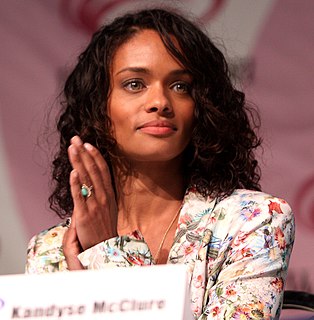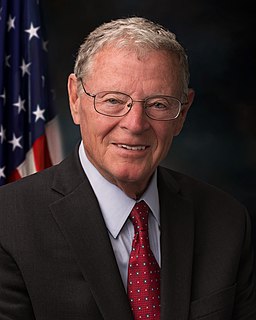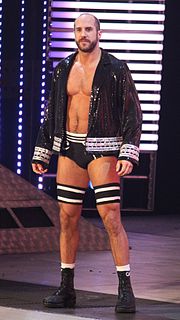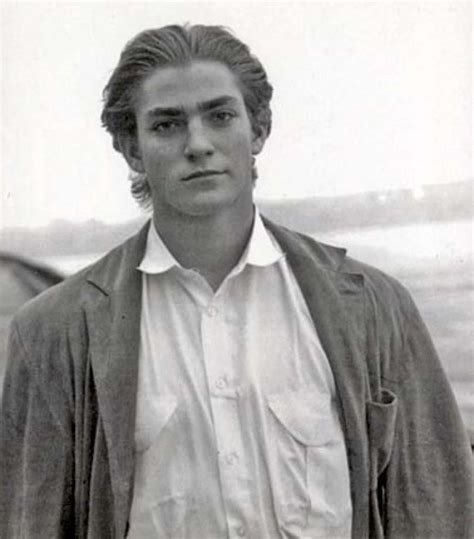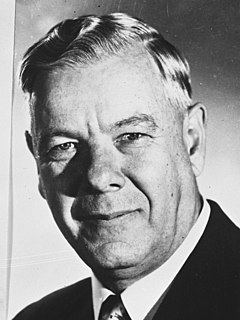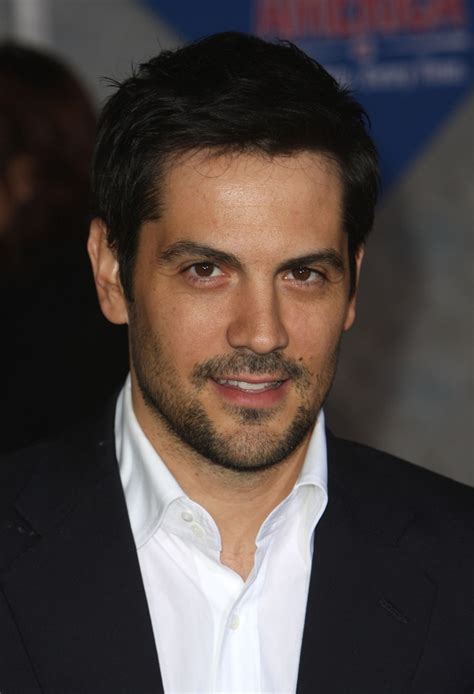A Quote by Haskell Wexler
I don't know where you're reading all this stuff, but it's pretty accurate, yes. It was in 1942. I was on a ship called the Accelo(ph) coming back from the Red Sea and we were sunk off the coast of Africa by a German submarine. And I was in a lifeboat for 14 days and landed and lived with the Pondos in South Africa while - who took care of us and took care of me. I had some wound in my left leg.
Related Quotes
I lived in South Africa until I was 11 when we first immigrated. My mom had sent me back there when I was 14 for summer vacation. I wasn't doing very well in school, my grades were slipping. I called my mom one day and told her that I wasn't coming back. I ended up staying there until I was 17 before coming back to North America.
I have the mohawk,even though people still call it the mohawk I say "I don't wanna be disrespectful to the Mohican Indians but there is a tribe in Africa called the Mandinka warriors." They're in the west coast of Africa in the country of Mali.I was reading National Geographic Magazine back in 1977, and I saw the warrior standing there with his spear and his beads around his neck and whatnot and the stuff on his ankles. That was what gave me the idea, I said "Wow, let me bring respect to them," so basically what I wear is called a Mandinka cut.
I played football; I was a running back, and I took a hit, and I had a hairline fracture in my leg which no one spotted, and I was playing basketball all winter and it got worse. And then I was long jumping, about 20 feet, and I landed one time and there was this big crack, and all the bones were jutting out of my leg.
One white man on the platform in South Carolina asked us where we were going--we had got off the train to get some fresh air and to dust the grit and dust out of our clothes. When we said Africa he looked offended and tickled too. Niggers going to Africa, he said to his wife. Now I have seen everything.
And now South Africa has finally woken up and it is doing great things. And if South Africa becomes the template to what AIDS is in the sub-Saharan continent, then all the other countries are going to follow suit. And Michel Sidibe, who spoke at the breakfast meeting this morning, was saying that there is so much hope for Africa now that South Africa has got its house in order.

